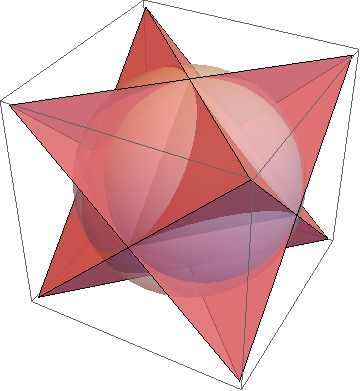Physical Review A 95 (2), 022316 (2017)
ET Campbell, M Howard
The standard approach to fault-tolerant quantum computation is to store information in a quantum error correction code, such as the surface code, and process information using a strategy that can be summarized as distill then synthesize. In the distill step, one performs several rounds of distillation to create high-fidelity logical qubits in a magic state. Each such magic state provides one good T gate. In the synthesize step, one seeks the optimal decomposition of an algorithm into a sequence of many T gates interleaved with Clifford gates. This gate-synthesis problem is well understood for multiqubit gates that do not use any Hadamards. We present an in-depth analysis of a unified framework that realizes one round of distillation and multiqubit gate synthesis in a single step. We call these synthillation protocols, and show they lead to a large reduction in resource overheads. This is because synthillation can implement a general class of circuits using the same number of T states as gate synthesis, yet with the benefit of quadratic error suppression. This general class includes all circuits primarily dominated by control-control-Z gates, such as adders and modular exponentiation routines used in Shor's algorithm. Therefore, synthillation removes the need for a costly round of magic state distillation. We also present several additional results on the multiqubit gate-synthesis problem. We provide an efficient algorithm for synthesizing unitaries with the same worst-case resource scaling as optimal solutions. For the special case of synthesizing controlled unitaries, our techniques are not just efficient but exactly optimal. We observe that the gate-synthesis cost, measured by T count, is often strictly subadditive. Numerous explicit applications of our techniques are also presented.

